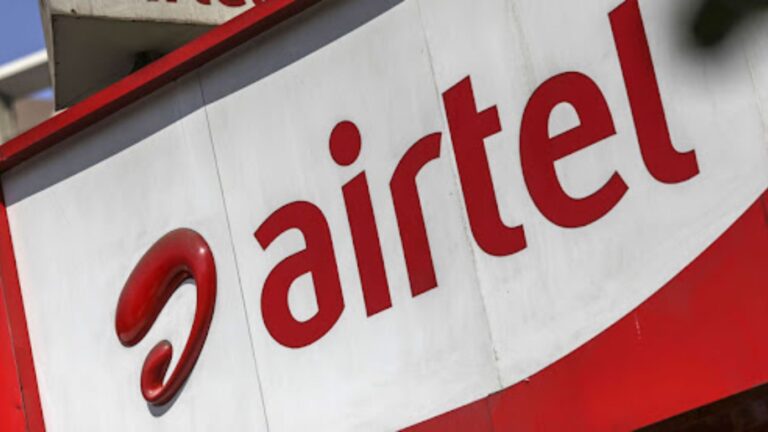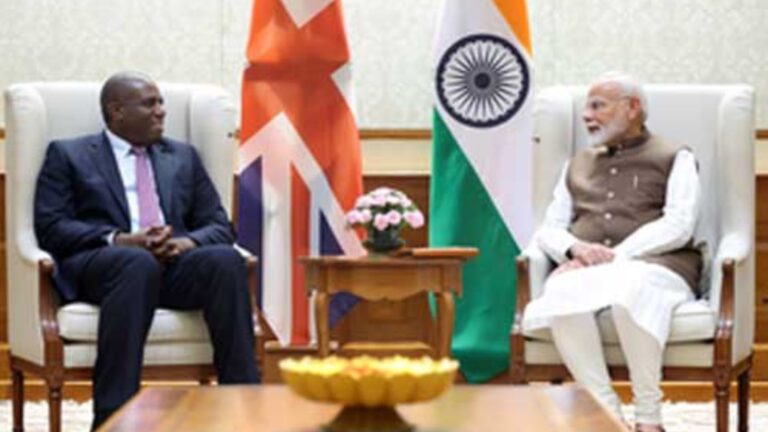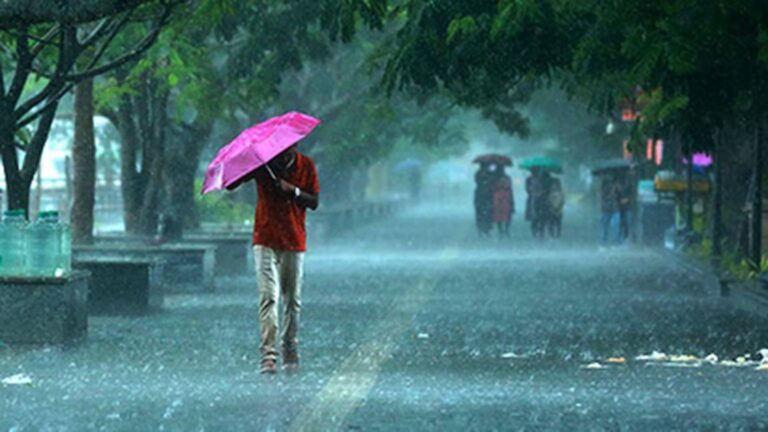
In the wake of the recent terror attack in Pahalgam, the Indian government has officially suspended all trade with Pakistan, heightening already strained bilateral relations. The decision further intensifies the standoff between the two nations, whose trade ties have remained largely frozen since 2019.
According to the Global Trade Research Initiative (GTRI), while the formal trade has been stopped, the underlying demand remains unaffected. The think tank predicts that Pakistan will likely continue to procure Indian goods through third-party countries, such as the United Arab Emirates and Singapore, albeit at significantly higher costs.
The deterioration in trade relations traces back to the Pulwama terror attack in February 2019, after which India withdrew Pakistan’s Most Favoured Nation (MFN) status and slapped a 200% duty on its imports. In retaliation, Pakistan ceased all bilateral trade with India by August of the same year. Since then, only limited exports from India—mainly pharmaceuticals—have been permitted on humanitarian grounds.
Despite the absence of formal trade mechanisms, data from the current fiscal year (April 2024 to January 2025) reveals that India exported goods worth USD 447.7 million to Pakistan. The bulk of these exports included essential items like pharmaceuticals (USD 110.1 million), active pharmaceutical ingredients (USD 129.6 million), sugar (USD 85.2 million), auto parts (USD 12.8 million), and fertilizers (USD 6 million).
Conversely, India’s imports from Pakistan during the same period were negligible, totaling just USD 0.42 million. These included specialty agricultural products such as figs worth USD 78,000 and herbs like basil and rosemary amounting to USD 18,856.
Though official trade routes have been shut, experts believe that informal trade will persist. GTRI estimates that up to USD 10 billion in trade is still conducted through re-export hubs, with the UAE and Singapore serving as key intermediaries. Goods traded through these indirect channels include Indian pharmaceuticals, cotton, tea, coffee, chemicals, sugar, auto parts, and food items such as onions and tomatoes.
On the flip side, India may continue to receive Pakistani goods such as Himalayan pink salt and dry fruits like almonds, dates, and apricots through similar unofficial routes.
The latest trade suspension is expected to disrupt supply chains and inflate the cost of Indian goods in the Pakistani market, thereby adding further pressure to Pakistan’s struggling economy.





